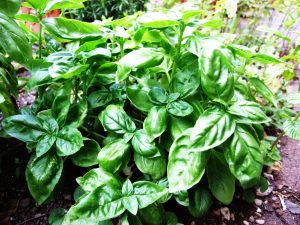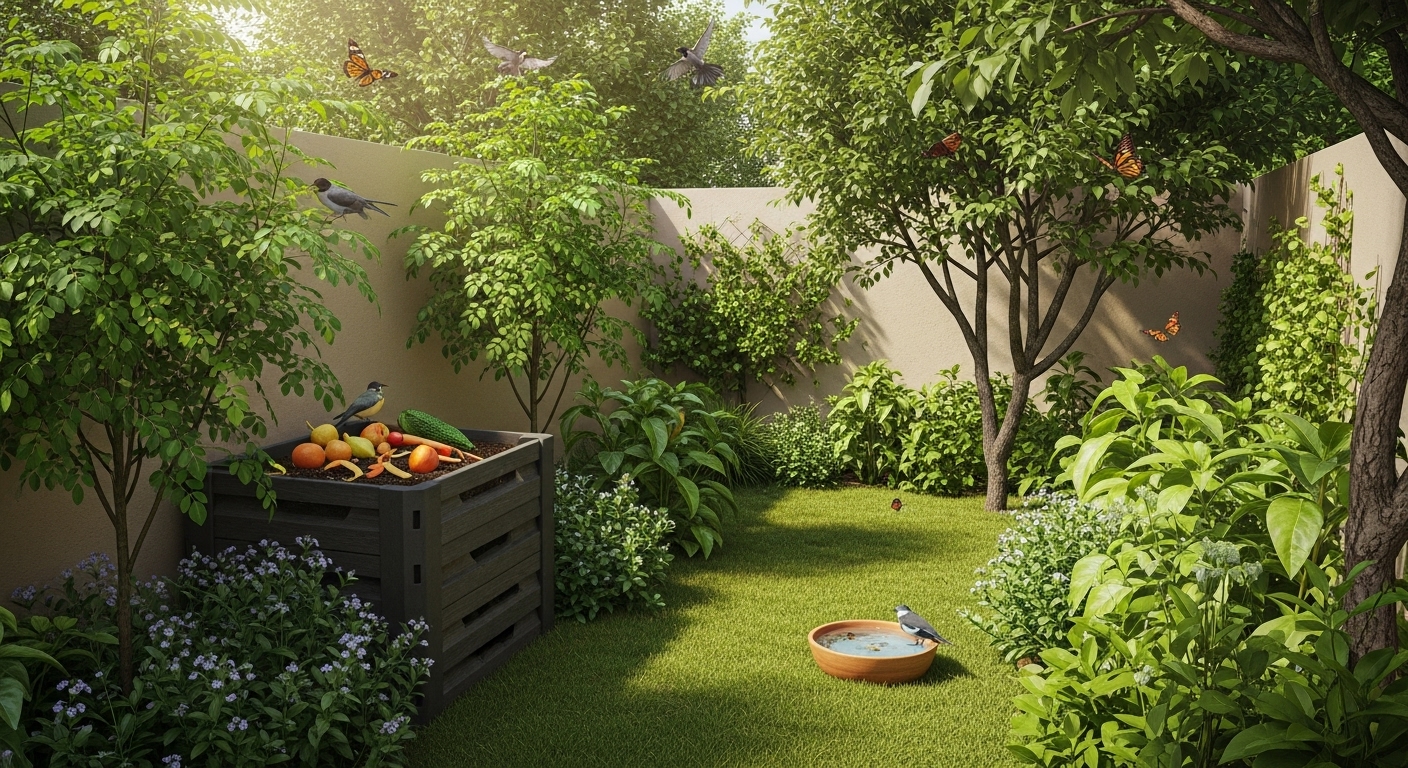Do you have a backyard, balcony, or even a small open space in your compound? You can use it to help the planet. Climate change may seem like a distant, big problem, but the truth is that every small action counts. One of those actions is gardening.
Creating a climate-friendly garden helps reduce carbon pollution and supports wildlife. Additionally, it can provide you with fresh food, clean air, and a peaceful space to unwind.
Here’s how to start a backyard garden that fights climate change – no matter where you live.
Plant Native and Drought-Tolerant Species
Start by choosing native plants – the ones that naturally grow in your area. In Nigeria, these might include species such as aloe vera, moringa, bitter leaf (ewuro), or scent leaf (nchuanwu). If you live elsewhere, look up the native plants in your area.
Why native plants?
- They don’t need much water or care.
- They attract local birds, butterflies, and bees.
- They are better at handling local weather, even drought.
Planting trees is especially powerful. Trees pull carbon dioxide (a main cause of climate change) from the air and store it. They also cool your surroundings and provide shade, which can reduce the need for fans and air conditioners.
Use Compost – Don’t Waste Your Food
Instead of throwing away kitchen scraps, turn them into compost. This includes things like:
- Fruit peels
- Vegetable leftovers
- Eggshells
- Yard leaves or cut grass
Composting reduces waste that would otherwise decompose in landfills and release methane, a gas more harmful than carbon dioxide. Additionally, compost provides essential nutrients to your soil, enabling plants to grow strong without the need for chemical fertilizers.
Avoid Harmful Chemicals
Chemical fertilizers and pesticides harm the soil, kill useful insects, and pollute water. Instead, use natural alternatives like:
- Compost or animal manure
- Neem oil spray for pests
- Interplanting (for example, planting basil near tomatoes to keep pests away)
Let nature work with you, not against you.

Grow Your Food
Growing your fruits, vegetables, and herbs reduces the need to buy food transported from faraway places, which means fewer trucks on the road and lower carbon emissions.
Start small. Try:
- Fluted pumpkin (“ugu” (in the Igbo language), “Eweroko” (in the Yoruba language))
- Tomatoes
- Pepper
- Moringa
- Scent leaf
Not only are they easy to grow, but you’ll also enjoy fresh, healthy meals from your garden.
Make Your Garden Wildlife-Friendly
Create a mini home for birds, bees, and butterflies. These creatures help pollinate plants and keep your garden alive.
- Add a small water bowl for birds.
- Leave some wildflowers or grasses.
- Avoid spraying chemicals that harm insects.
You don’t need a big budget or ample space to start a climate-friendly garden. What matters is your intention and your action. By planting the right plants, composting, and reducing waste, your backyard can become a powerful tool in the fight against climate change.

















